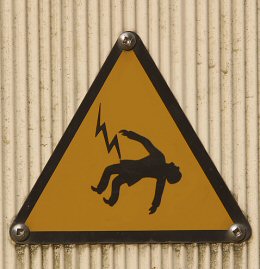Home Page
The latest articles, features and news.


Read About...


|
| | |
|
16 November 2006
Testosterone Risks Could Be Overstated
by George Atkinson  Concerns that testosterone boosting treatments may also be linked to serious prostate problems appear to be overstated, according to preliminary research from the University of California, Los Angeles. The study, appearing in the Journal of the American Medical Association, suggests that testosterone replacement therapy for men going through the male menopause seems to have little effect on the prostate gland, contrary to earlier studies (see related articles below).
Concerns that testosterone boosting treatments may also be linked to serious prostate problems appear to be overstated, according to preliminary research from the University of California, Los Angeles. The study, appearing in the Journal of the American Medical Association, suggests that testosterone replacement therapy for men going through the male menopause seems to have little effect on the prostate gland, contrary to earlier studies (see related articles below). Testosterone replacement therapy in aging men is increasingly popular, with more than 2 million prescriptions for testosterone written in the United States in 2005. While it can assist with depression, sexual dysfunction, muscle volume, strength and bone density; it has also been associated with adverse effects on the prostate gland. Instances of prostate cancer in men receiving testosterone supplementation have been reported and even in men with no sign of prostate cancer, the possibility of stimulating growth in undetected cancers exists. The new study was a randomized trial that examined the effects of replacement therapy on the prostate tissue of 44 men, age between 44 and 78. Although the treatment increased hormone concentrations in the prostate tissue, no change was observed in prostate histology, tissue biomarkers, gene expression, or cancer incidence or severity. The researchers added that slight changes in prostate volume, serum prostate-specific antigen, voiding symptoms, and urinary flow were found. The researchers said that based on their results, the risks associated with testosterone replacement therapy (TRT) may have been overstated. "The prostate risks to men undergoing TRT may not be as great as once believed, especially if the results of the pretreatment biopsy are negative. However, establishment of prostate safety for large populations of older men undergoing longer duration of TRT requires further study," they concluded. Related Articles
Short-Term Testosterone Use Pronounced Safe
Based on material from the Journal of the American Medical Association
|
|

